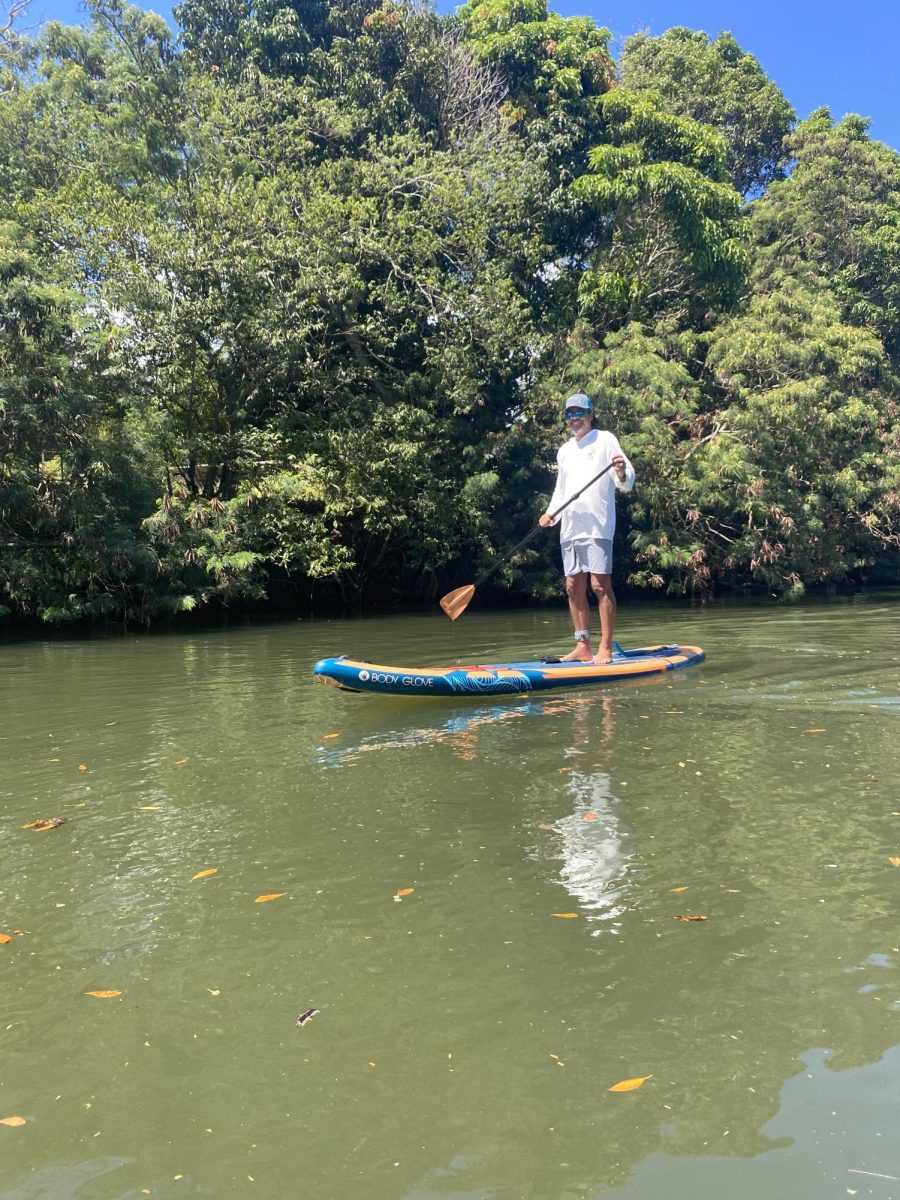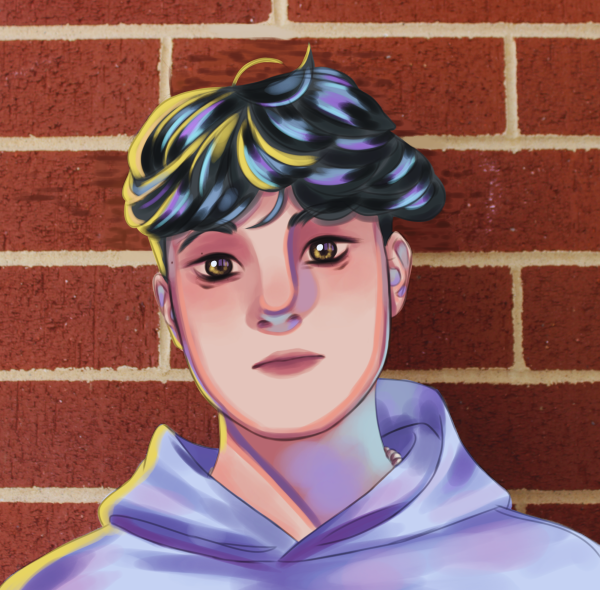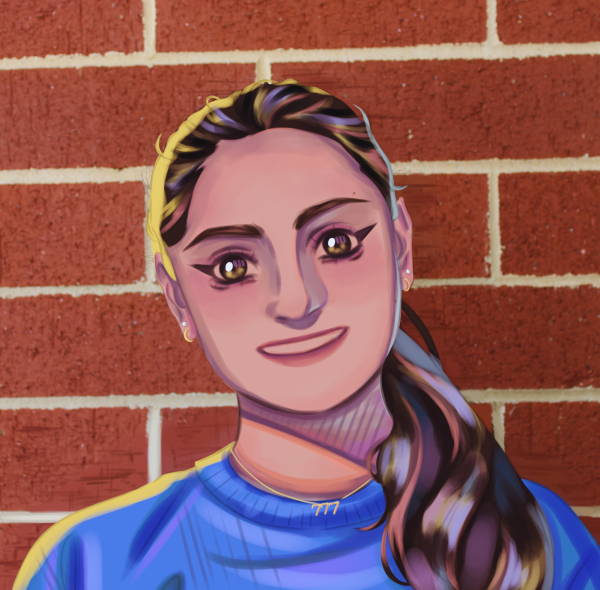As this year began, half of the AP Government students were eager to meet their new teacher. However, they were left without one. For the first half of the first quarter, students were bouncing in between substitute teachers. Until Eric Duke, the new hire for the AP Government course, stepped in.
From starting his career in teaching in Maryland to spending this past year in Hawaii, Duke isn’t a stranger to teaching this course. He has been teaching for 15 years and has a deep background and passion for teaching government.
Q: Where did you grow up?
A: I am a military brat, so I grew up all over. I was born and raised in California. In grade school, my parents moved to the East Coast. We lived between Virginia and North Carolina. I went to high school [overseas] in Japan, then came back and went to college here in Virginia at a small private college, Roanoke College in Salem, Virginia.
Q: How did you get into this field?
A: When I graduated, I had no idea what I wanted to do with the rest of my life, just like many of you. I started working in a nonprofit for six months, and I knew that job wasn’t going to last forever. [So], I applied for a job working for a newspaper, and I worked in DC for a newspaper for over five years: The Chronicle of Higher Education. But again, I knew that wasn’t what I wanted to do. I realized through coaching a baseball team, [that] teaching is what I wanted to do. Then I realized there was a program for me to transition [into]. A career-changing program: a master’s of teaching, as well as a certification for teaching. It seemed like a daunting endeavor in order to just get a college degree. I saw this and it seemed too perfect: I could do two things at one time and change my career, all in a short period of time. I went back to school, got a master’s degree, and started teaching. When I was your age, I just remember thinking “I could do this [lesson] so much better…I would do it this way,” and never really putting together the idea that maybe teaching was my future. I had time to think about it, and I was 30 years old before I realized what I wanted to do with my life, and I think there’s some truth in that. We’re so anxiety-driven to figure this out, but I think there’s a space, and if we allow ourselves to figure it out, good things happen. I know this is what I’m going to do for the rest of it. It was kind of up to me to figure that out.
Q: What did you want to be when you were young and has that reflected on anything you’ve done? Did you ever think you’d end up here?
A: No, what I wanted to do when I was young was be a lawyer. I wanted to do something that was involved in political science in some way. I never imagined myself being here, not then, absolutely not. There was nothing about my life at that time that was like “Yeah, I’m going to lead children in a classroom.” I was a little bit more focused on myself and focused on what I wanted to do, and then I realized that there wasn’t a lot of reward in that. I wanted to major in political science, and I changed my major about two minutes into college, and I have a degree in sociology. You know, it was much better suited to me. I realized right away in college that that track was not at all for me.”
Q: How long have you been in the profession and how did this love grow?
A: This has been my fifteenth year teaching and [loving] the profession. I know some teachers will tell you [they] grow cynical over time, but it’s not because of the teaching I can tell you that. What I do in this classroom, I love every day, in fact, I somehow, oddly look forward to [it]. It’s everything else about teaching though that [has] absolutely been a nightmare, and [has] become something I wouldn’t encourage anyone to this profession, and that’s sad. I think it’s a sad reality that teaching has become so much more than teaching. But when it comes to the students in the classroom, and even the grading, the parts of it that are part and partial of teaching; I love it. I absolutely love it. It’s so weird, I geek out on it. The professionalism of talking to the teachers about teaching, I love it every day, absolutely.
Q: You lived this past year in Hawaii and decided to come back here. What landed you there?
A: I think I’m a “pandemic puppy” in a sense. During the pandemic, [I] just traveled and I taught on beaches with a laptop. I took my kids places, and I realized that maybe there was more to this than I was doing. So, I talked to my kids about it, and they gave me the freedom to travel a little bit. Teaching in Hawaii was amazing. It was probably the most teaching I’ve ever done in my life, and so in that regard, it was incredibly rewarding. But what wasn’t rewarding, is the compensation for teachers, and over time, you can live in paradise and idealize it all you want, but the reality is in some way, everybody wants to be treated like their worth. I’m just not in the part of my life where I can go to work and not get compensated fairly. Again, [it] is a sad reality that Hawaii, one of the most beautiful places, [has] one of the worst public school systems in our country. It was an interesting experience for me because I would go back instantly, right now, if they just paid teachers more, and that’s all it takes. It’s a simple relationship there, and so, I’m never going to go back and teach there. The good news is that I get to go back there and visit all the time, in a real sense, my home. I love everything about Hawaii. Some of those are just giving back [the] idea of a family, creating a place where everybody is comfortable [and] feels like they belong. It taught me to slow down and to be less reactive. I’m definitely in a happier, less angry place in my life, and I owe it all to that experience. It definitely changed me as a teacher [and] I think it’s had a real impact on me.
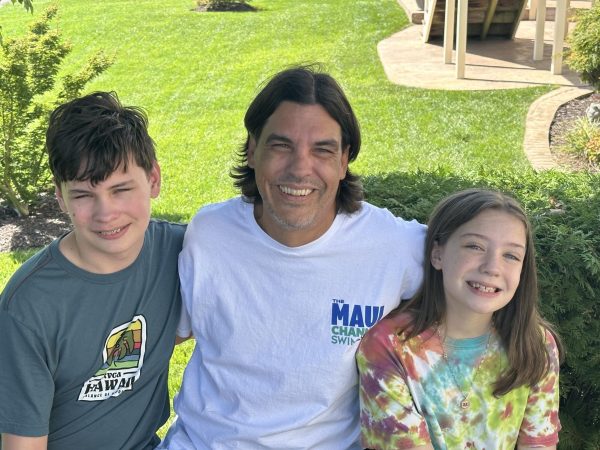
Q: Why did you decide to come back to this area?
A: Well, to be honest, they messed with my pay and they were very unsympathetic about it. So, I drew a line in the sand and said “I’m gonna look for another job.” Loudoun County didn’t hesitate to show me that they wanted me to be here. That, again, goes such a long way. I have family that live in the region, so it made it easy to have a landing spot when I came back, because that transition is tough. It gave me a pad to kind of just land comfortably, and two weeks later, I was teaching here. I hadn’t even fully unpacked everything and I was just teaching. That’s what brought me back, and the reality is I can’t go back to teaching where I was. I left [teaching] for Howard County, Maryland [in the middle of a contract]. You do those things, and you can’t come back and teach there. I can’t ever go back home in a sense like that, but this is my new home, and I love it here. I find it very similar to teaching in Howard County, and it’s a wonderful environment for me. It’s like a very comfortable glove in that sense. I’m excited to be in Loudoun [County].
Q: What is one piece of advice you would give to kids going to college or getting into teaching?
A: I give this advice to all my seniors when they become freshmen: two pairs of shower sandals…two pairs. That first one is going to get destroyed instantly. Another piece of advice to freshmen in college: manage your expectations. Everything is like this idealization of what college is, and very often, it’s not gonna be that: your roommate, your professors, the campus, the food. The natural inclination is to run from that, and you’ll see that a lot of colleges have a high rate of freshmen who don’t return. If you manage your expectations, you’ll realize that every college is like this: it is not [a] fairy tale. If you can manage your expectations, I think you can make college what you want. That would be my huge advice. For people getting into the teaching field, I would say don’t do it; however, if you’re gonna get into the teaching field, I would say make sure that you enter into this profession with open eyes. Very often, we see teachers just complain about this job, and I have a friend [who says]: “You chose this.” You can’t complain about [a] thing that’s your fault. right? And again, if you understand what teaching is, understand the expectations with teaching; it’s not just in the classroom. It’s not just making a change in kids’ lives. It’s much more than a job, and there are so many other things to it. We want good teachers [to stay] in teaching. I would think that it’d be better than that. We see a three-year curve for new teachers when they get out of a profession. So many get out of the profession because I think that they don’t know what it is, and they haven’t had an opportunity to experience anything else. We see career changers last much longer, people who have had another job, come into the field as a little more mature but more responsible, and able to deal with everything else that is teaching.

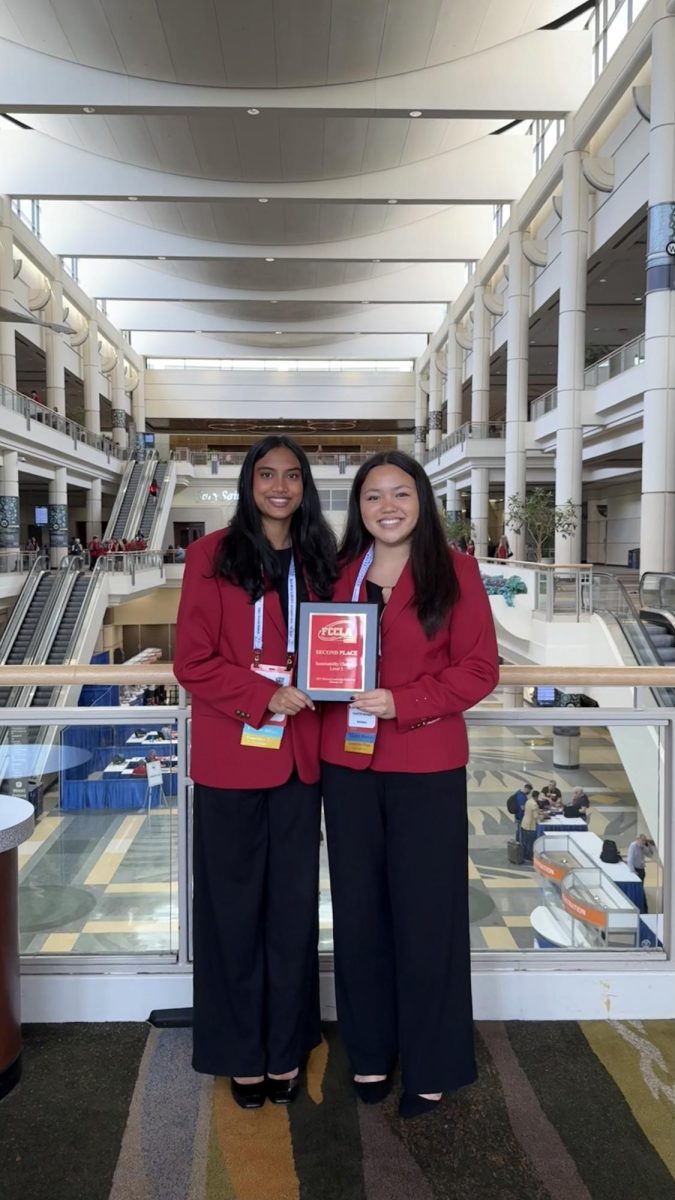



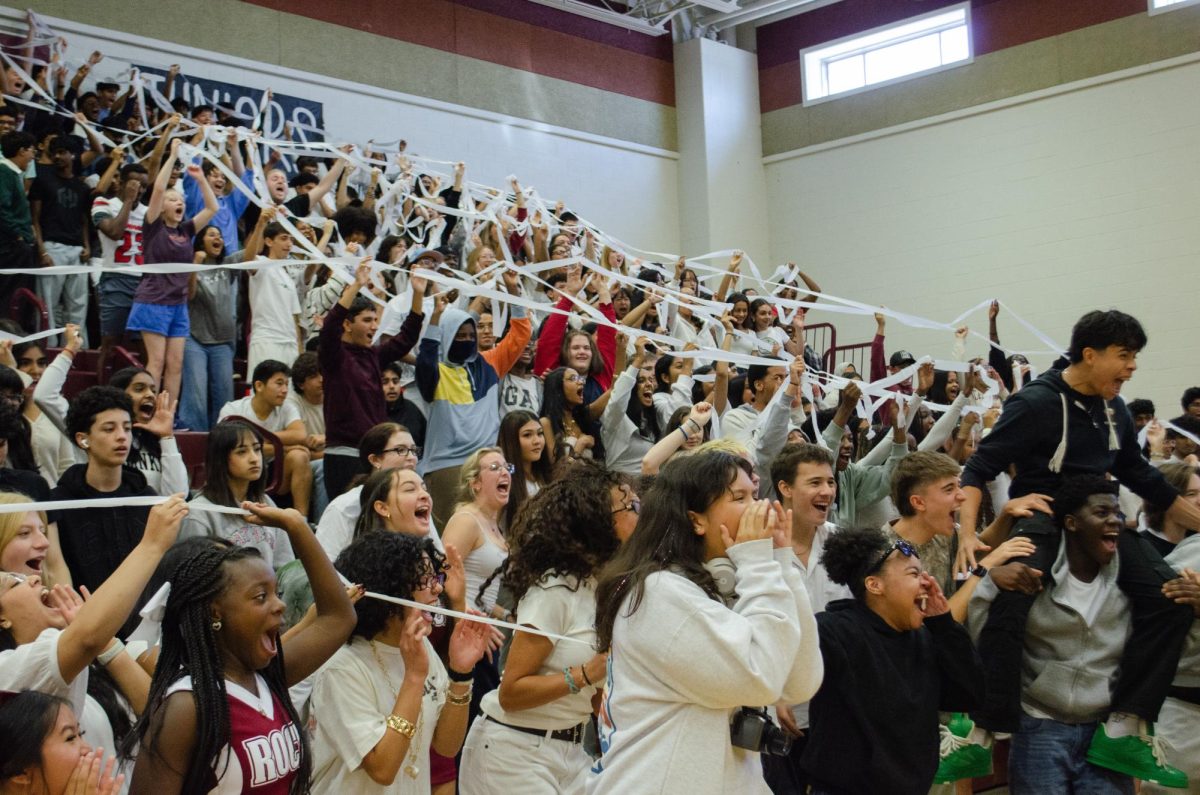









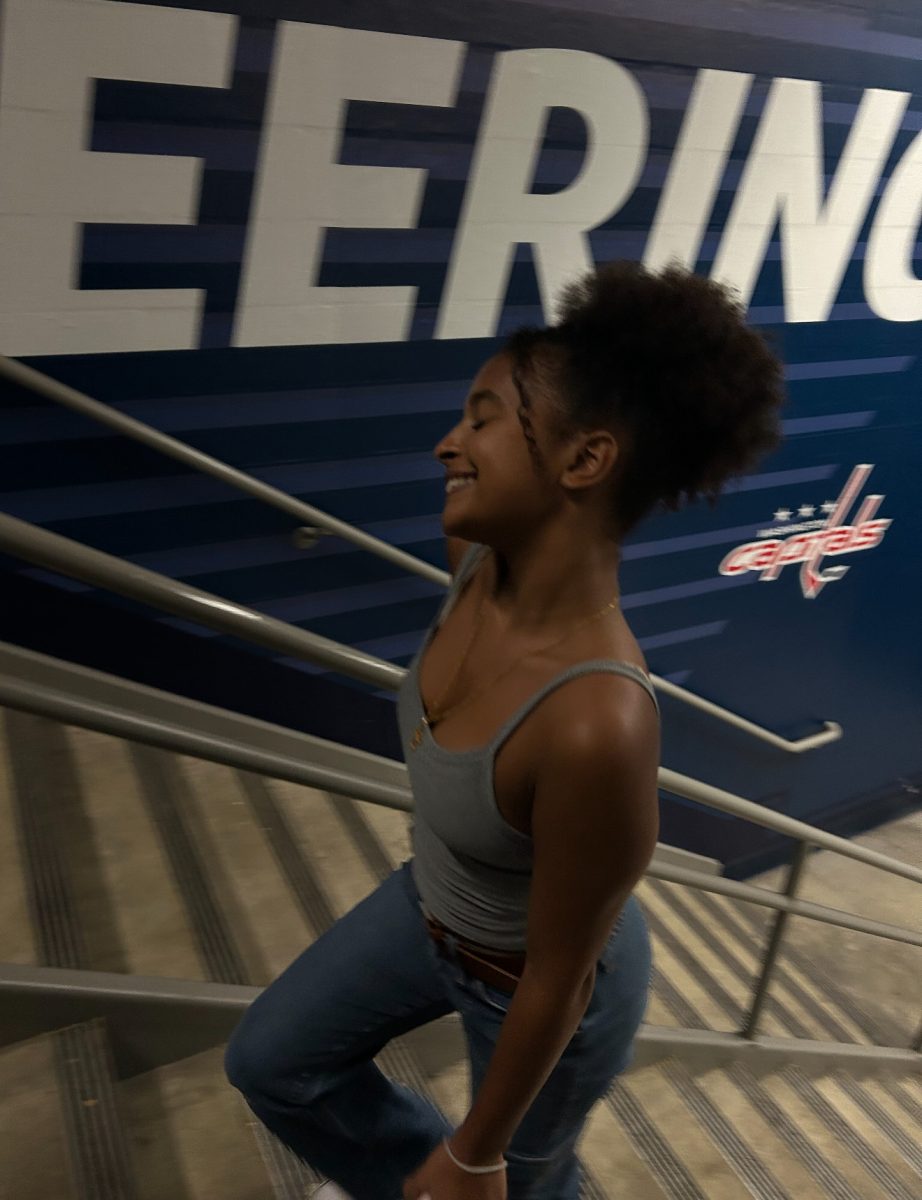
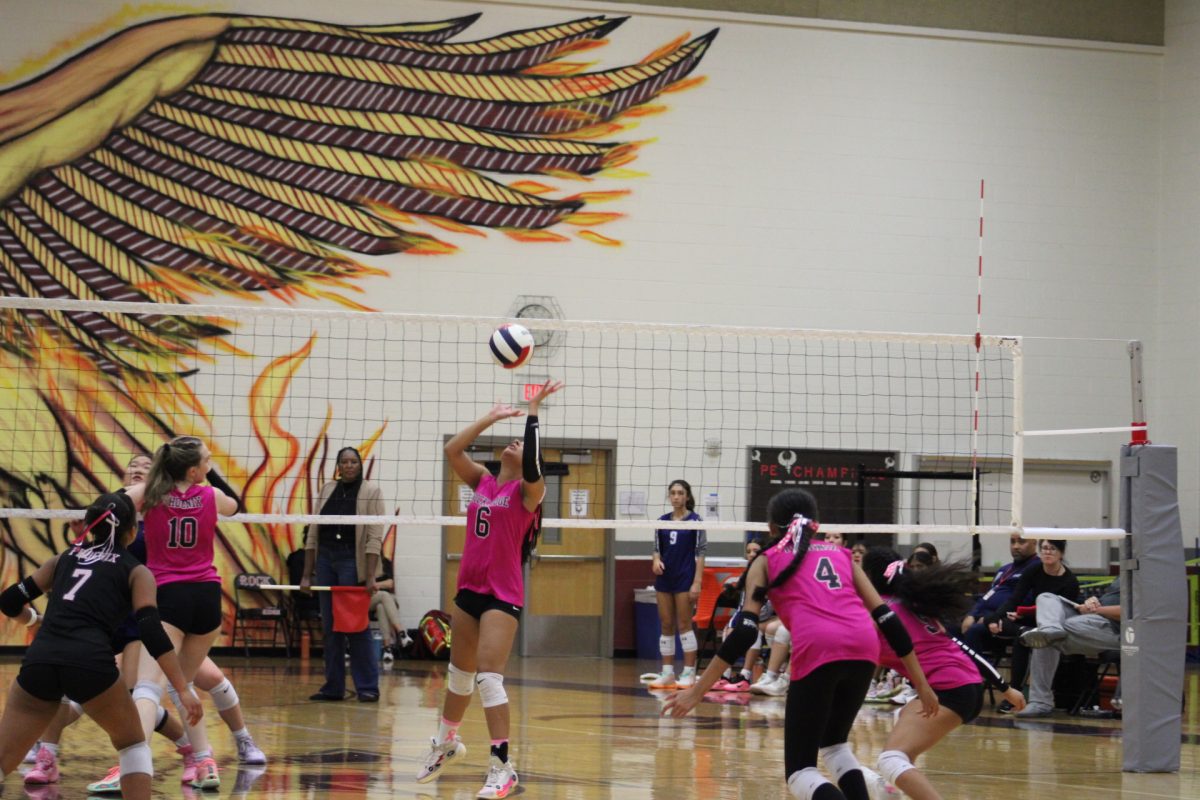



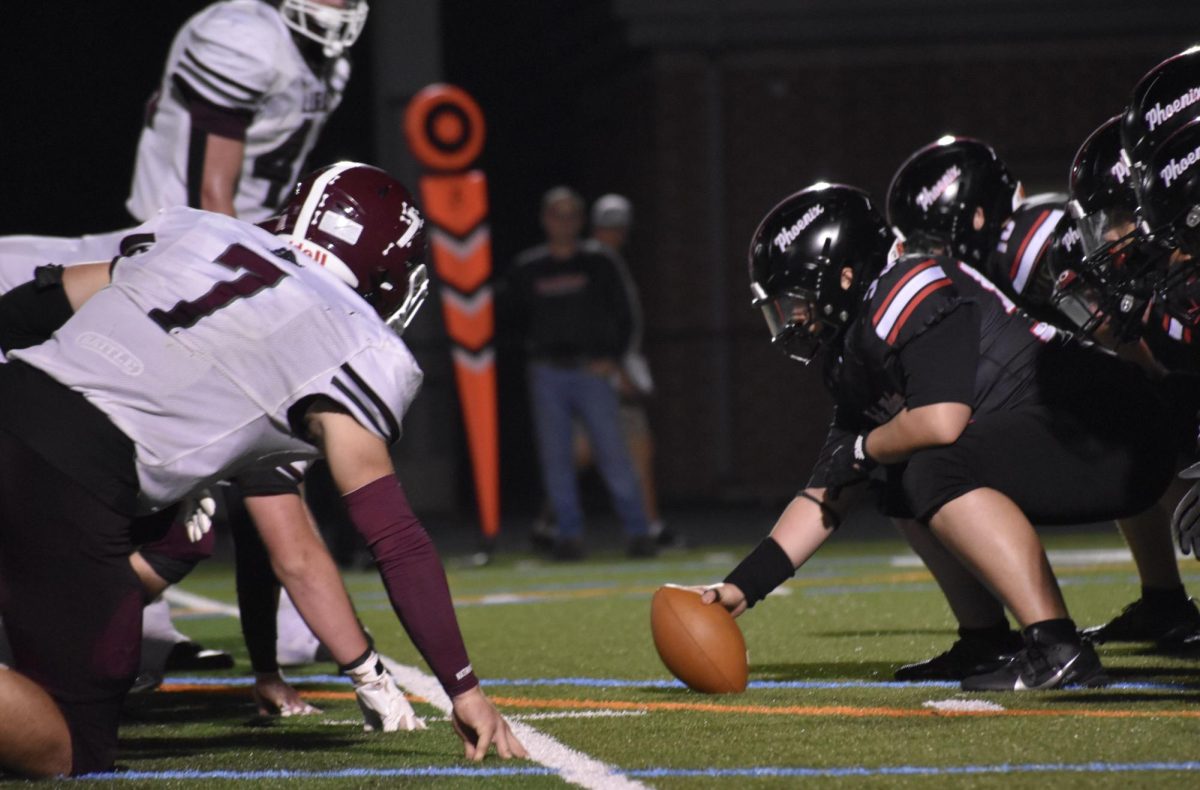





![The Phoenix varsity volleyball team lines up for the national anthem. “We were more communicative [with each other] during this game, and I feel like we kept our energy up, especially after the first set,” senior Jessica Valdov said.](https://theblazerrhs.com/wp-content/uploads/2024/10/DSC_0202-1200x800.jpg)










![Junior Alex Alkhal pitches the ball. “[I] just let it go and keep practicing so we can focus on our goal for the next game to get better as a team,” Alkhal said.](https://theblazerrhs.com/wp-content/uploads/2025/05/DSC_0013-1-1200x929.jpg)


















